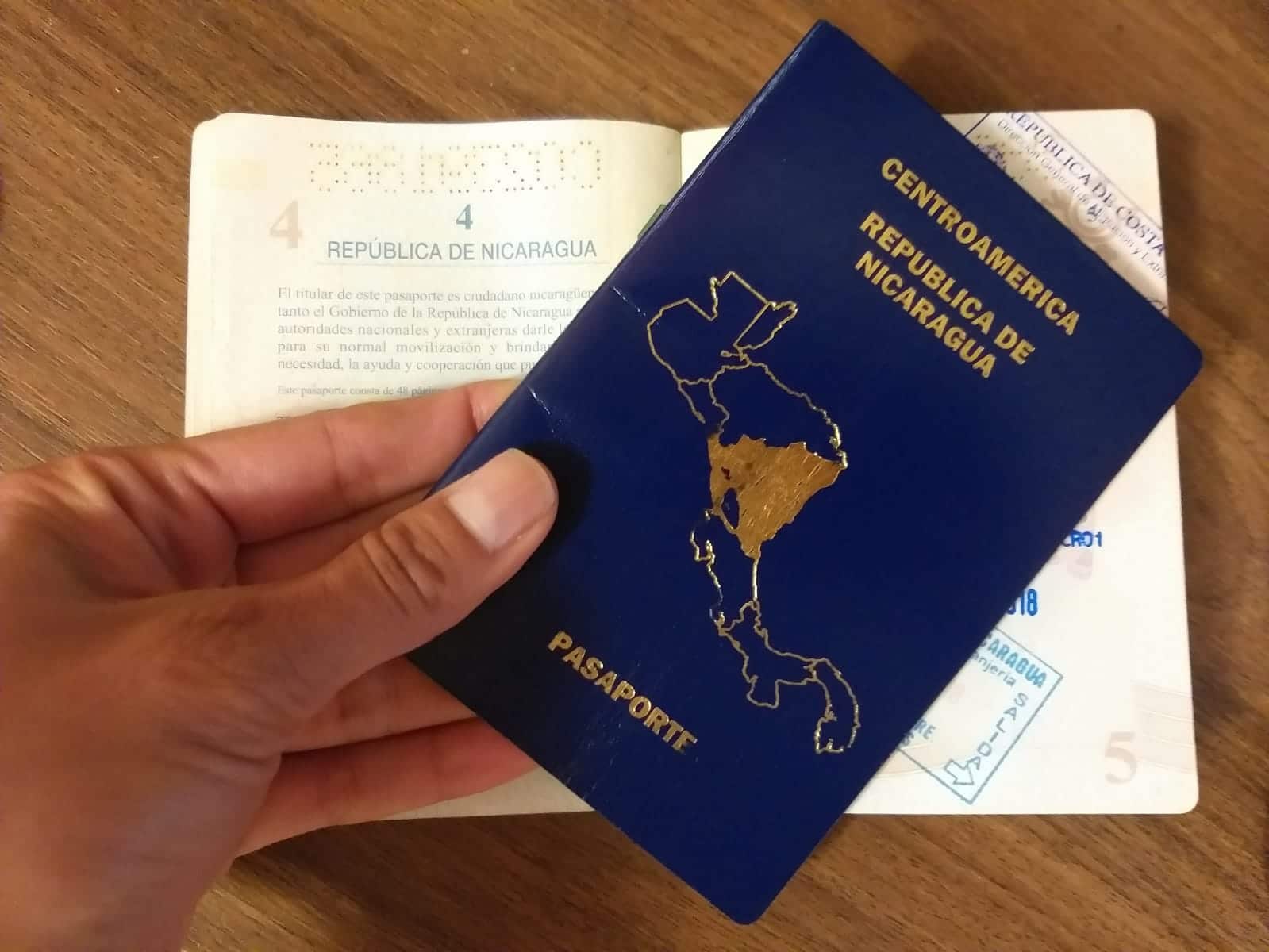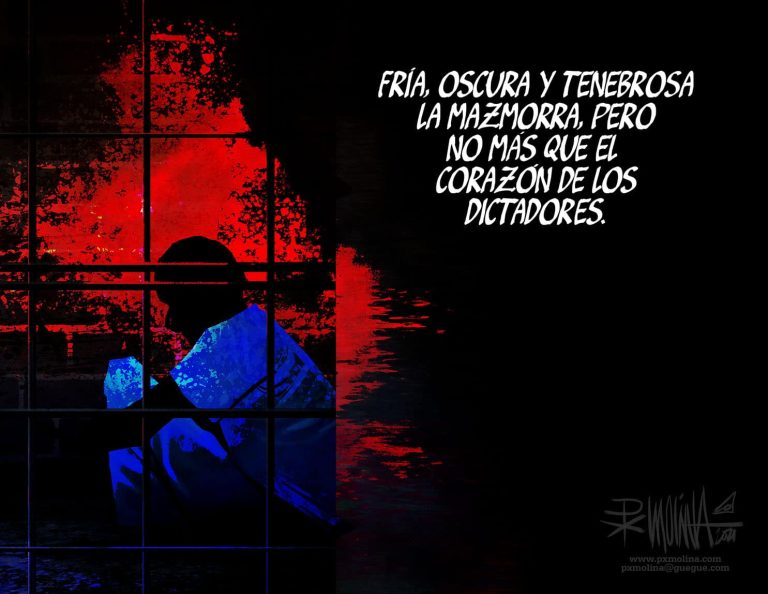14 de noviembre 2021

Nicaragua: Public Employees Hindered from Traveling to USA

PUBLICIDAD 1M
PUBLICIDAD 4D
PUBLICIDAD 5D
The enormous vulnerability of the majority population, for its part, can be used to slow down or temper international actions.

Daniel Ortega ended up weaker and more discredited than before with the electoral simulation on November 7th. Now he must face not only greater isolation, but also new international pressures and sanctions.
The most decisive ones will be those of the United States and the European Union, both direct and indirect, through their votes in international financial organizations. But let’s not discount the responsive and manipulative ability of the dictator to weather out the storm and remain in power. And in his arsenal, he has a weapon as powerful as it is inhuman: his hostages, which can also function as a bargaining chips.
The most visible group are the political prisoners, in particular potential candidates and political, union and business leaders locked up in recent months. But there is another, although much more diffuse, that is as or more important: the population in general.
The release of some prisoners, especially those who no longer pose risks, can be used to give the appearance of openness, bring big business back to its fold, placate tensions and try out a new equilibrium that reduces internal and external pressures. It is the strategy of two (or more) steps forward and one back, which does not change the structural factors: a great yield.
The huge vulnerability of the majority population, on the other hand, could be used to stop or mitigate international actions that would have a devastating effect on the regime: a stop to the loan disbursements and even the possible suspension of Nicaragua from CAFTA-DR, the free trade agreement with the United States, something which Congress requested President Joe Biden to contemplate. Reaching these extremes of effectiveness would also imply a socioeconomic deterioration so acute that, in addition to its human impact, it could generate a migratory crisis of enormous proportions. This is something of great concern for many in the US. And of course, us too.
How to modulate the repertoire of sanctions to generate impact and, as the EU said, “to continue supporting,” or at least not to further deteriorate “the economic and social development of the most vulnerable sectors of Nicaraguan society,” is a major challenge. It will also be for Ortega, but in terms of hostages, his great and cruel advantage is that human life matters little to him.
This article was published in Spanish in Confidencial and translated by Havana Times. The Article was originally published in La Nación.
PUBLICIDAD 3M
Periodista, académico, diplomático y consultor costarricense, especializado en análisis sociopolítico, libertad de expresión y estrategias de comunicación. Fue director del diario La Nación de 1982 a 2003.
PUBLICIDAD 3D